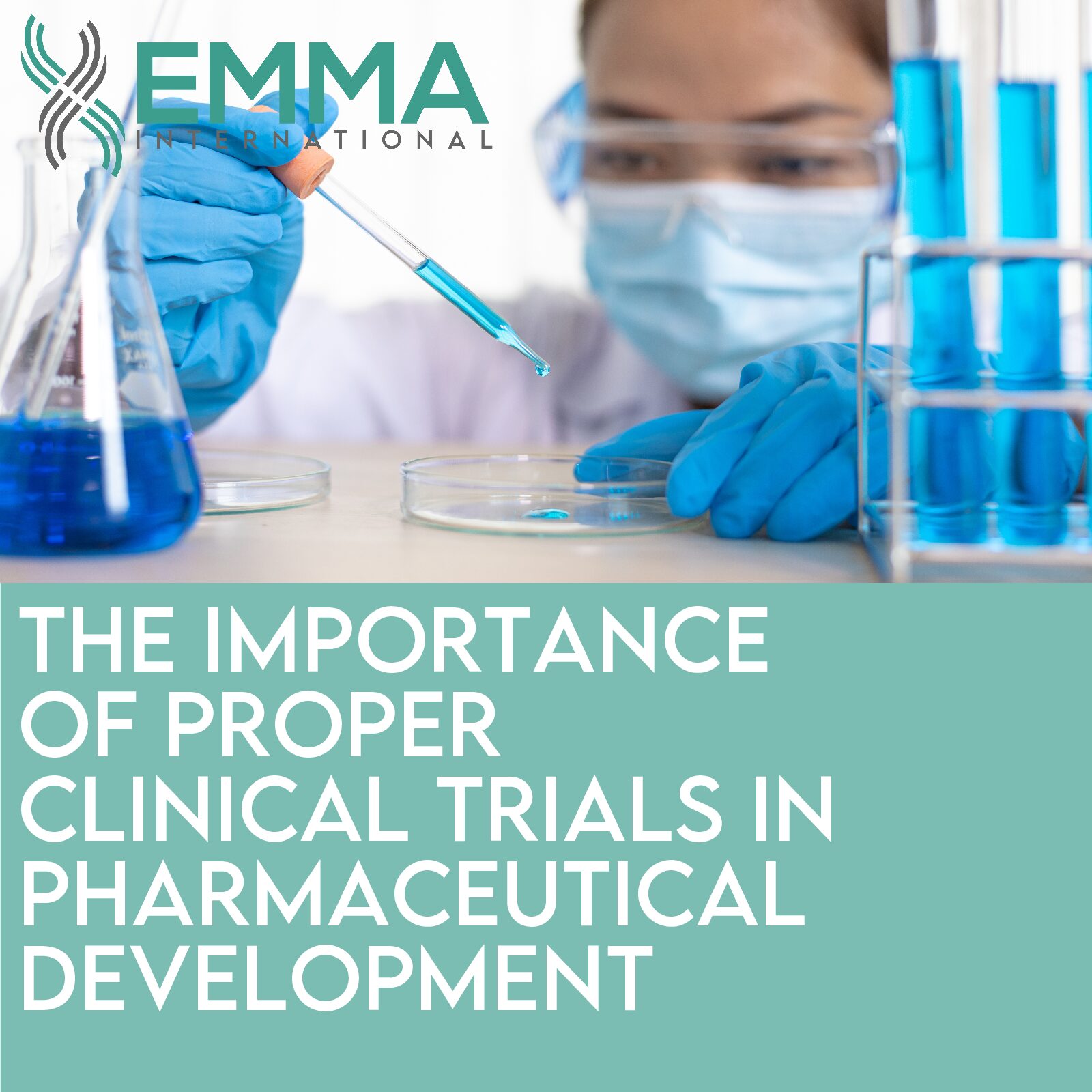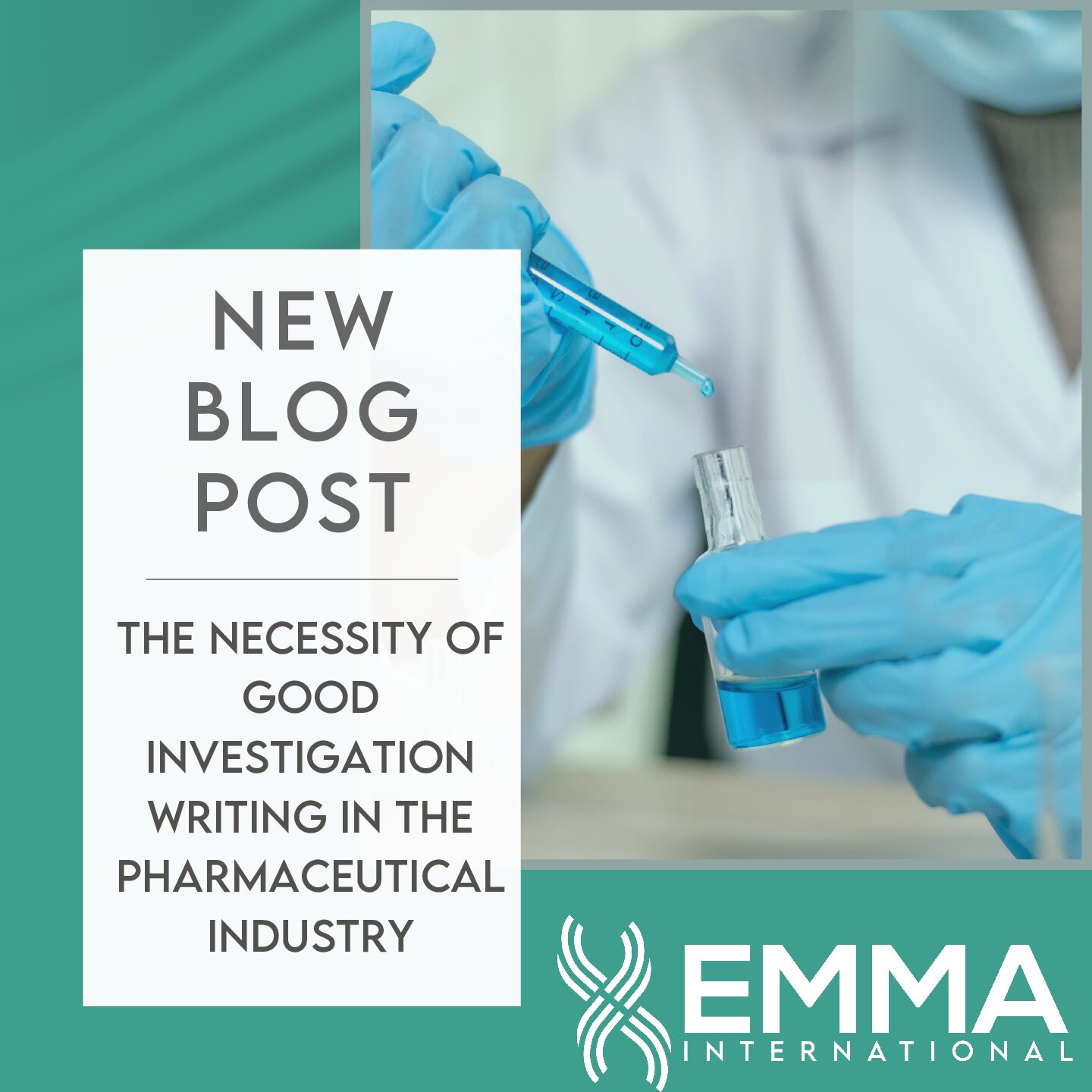The FDA classifies animals as either major species or minor species for regulatory purposes [1]. The major species are horses, dogs, cats, cattle, pigs, chickens, and turkeys as the seven major species [1]. They are considered major because they are either commonly used for food (cattle, pigs, chicken, turkey) or because they are common pets (horses, dogs, cats). The reason for this distinction is that these animals have the potential to have a larger impact on human health since we either eat them or interact with them often as companion animals. If an animal we eat is being given a drug, it can negatively impact human health. Or, if a companion animal like a dog is given a flea treatment that is toxic to humans if there is surface contact, that presents a huge problem. Whereas if someone has a goldfish aquarium and they use medication to treat a fish disease, but they are not frequently coming in contact with the aquarium water, this is not nearly as large of a problem.
All other animals fall into the minor species category such as reptiles, amphibians, fish, rodents, and birds. Interestingly, the most frequently used animals in laboratory studies are mice, rats, and birds [2] and they are not considered major species. There are also animals that are important in agriculture that are also not considered major species such as sheep, goats, catfish, game birds, and honey bees [3].
There are a few differences in the NADA process for major and minor species. The Office of New Animal Drug Evaluation (ONADE) helps review NADA for major species drugs. When new animal drugs are developed for minor species, the Office of Minor Use and Minor Species Animal Drug Development (OMUMS) along with the Office of New Animal Drug Evaluation (ONADE) review the application [1].
EMMA International provides full-circle solutions for all aspects of NADA submission for both major and minor species. Give us a call at 248-987-4497 or email us at info@emmainternational.com to learn more about how EMMA International can take the stress out of quality and regulatory compliance!
[1] FDA (2020) From an Idea to the Marketplace: The Journey of an Animal Drug through the Approval Process, Retrieved on 25 October 2024 from: https://www.fda.gov/animal-veterinary/animal-health-literacy/idea-marketplace-journey-animal-drug-through-approval-process
[2] Kiani (2022) Ethical considerations regarding animal experimentation, Retrieved on 25 October 2024 from: https://pmc.ncbi.nlm.nih.gov/articles/PMC9710398/#sec1-5
[3] FDA (2024) Minor Use/Minor Species, Retrieved on 25 October 2024 from: https://www.fda.gov/animal-veterinary/development-approval-process/minor-useminor-species






